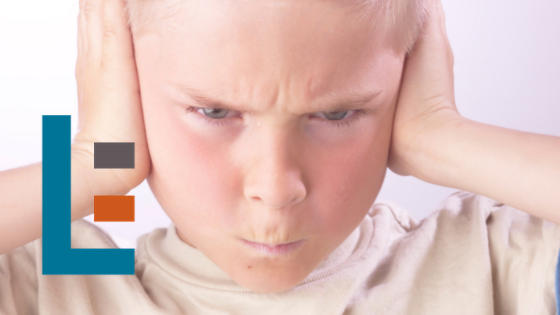How to Deal With Frustration: Bad Day Remedies For Your Child
How to Deal With Frustration: Bad Day Remedies For Your Child
We’ve all experienced different degrees of frustration at some point. Our boiling points can fall on a scale from spilled coffee or a flat tire, to a traffic collision or a serious health condition. Frustration is commonly defined as, “a deep chronic sense or state of insecurity and dissatisfaction arising from unresolved problems or unfulfilled needs” (Merriam-Webster). Knowing this, one could conclude that frustration is typically linked to a lack of control over one’s situation.
Frustration is not an emotion limited to adults, however. Newborns experience frustration, too. In fact, frustration in babies and children may be greater due to the fact that they have less control over what goes on in their world. So how can we teach children to recognize, cope with, and manage frustration? In the same way that we ourselves must deal with it.
Be Positive
Seeing the silver lining is not always easy to do in the moment, especially for youngsters. Because the concept of the future is not something that young children readily consider, it is especially difficult for them to see beyond this frustrating occurrence. Reassure your child that this frustration that they are feeling is a temporary emotion.
Ask them questions like, “Is this something that will realistically still be upsetting you tomorrow?” Or, “What can we look forward to when this frustrating moment is over?” Asking your child to look beyond the current “bad” situation will help him or her to recognize frustration as a fleeting and temporary feeling.
Ask and Accept
When frustrations arise, many children (and adults, too) are unsure of what to do with this emotion. When children are frustrated, have them ask themselves what exactly it is that is upsetting them. It may help to have them write down the events that instigated the initial frustration. By pinpointing the root of the stress, children can begin to understand how to better deal with a similar situation in the future.
Likewise, when reflecting on the day, most people will find that the catalyst of the frustration was something that was beyond their control. It is important for children to learn that things are going to happen that they cannot change. Sometimes, the only thing that we can control is our reactions to situations. This is especially difficult for youngsters, whose impulsive nature can sometimes get the best of them. Acceptance is a necessary part of managing stress and frustration.
Plan For Next Time
Perhaps the benefit of experiencing frustration is that it gives children a chance to learn something. When children look closely at their frustrations, they will begin to see that even little things, such as oversleeping on a school day, could have unforeseen consequences. A moment of frustration could teach them to set an extra alarm, study a few days in advance, tell the truth the first time, clean up after themselves, etc. Either way, talking about actions and their effects is a helpful way to show children how to be proactive in the future.
Avoiding frustration is impossible, but managing it is not. The sooner children learn to work through frustrating moments, the better equipped they will be at handling themselves in stressful situations.





